Only a hallway away
When your parent is also a Mac teacher, attending high school becomes a family affair
Wyeth Purkiss and his dad practice tennis together before a spring 2018 match. Though it is unusual to have his dad coaching him, Wyeth said his dad has helped him improve.
January 10, 2019
[My kids] were basically born here.”
— science teacher Nikki Sorto
When most kids get home, their parents ask them what they did at school that day. But for these students, their parents don’t have to ask. Instead, these students can ask their parents the same question. Though they admit can be a little annoying and stressful to have their parents teach at their school; overall, the students with parents who teach at Mac say that it’s a good thing to go to school where their parent teachers. They say they have become closer with their parents, and, more importantly, they can print their work for free.
“My favorite part is that it’s a family thing,” journalism adviser teacher David Winter said, parent of junior Henry Winter and freshman Annabel Winter. “I like the idea that they are close, and that I can help, although I haven’t had to do much of that at all. But I can help with the little stuff, like if they have to print a paper or get a form signed, so they don’t have to worry.”
For math teacher Angie Seckar, it’s also a family thing. Even if her daughter Addie Seckar-Martinez just says ‘Hi’ to her in the halls; it means a lot. It has helped Seckar become closer, both with Addie and with her friends, though she does have to be careful not to overdo it.
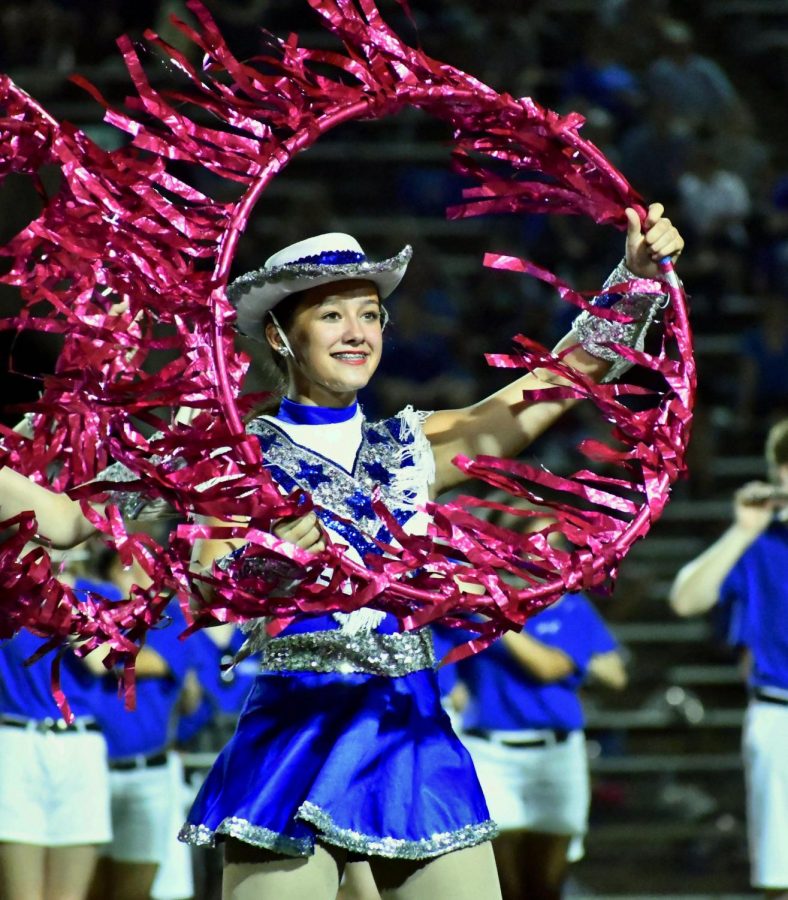
“I like just seeing her in the halls,” Angie Seckar about her daughter Addie. “Though I do have to make sure I don’t say something that embarrasses her. But I like it even when she’s stops in and says, ‘Hey, or ‘I did well on my chemistry test.’ My favorite part is just getting to see her often and seeing her friends. I feel like I’m closer to her and her friends now.”
But for the children of teachers, that closeness can also be a little weird.
There’s always a moment where one of their friends or someone who knows them says that a lightbulb goes off in their head. When they realize that ‘You’re Henry’s dad?’ and I say ‘Yep’ and they say ‘That makes so much sense.’
— David Winter
“It can be kinda awkward,” Henry Winter said. “It seems like everybody, every single time I bring it up to somebody who doesn’t know, they have the same reaction, like they’ve come to this crazy realization, like its been in front of them the entire time, because it really has.”
Even David Winter has those kind of awkward interactions, but he thinks they aren’t just awkward but also funny.
“There’s always a moment where one of their friends or someone who knows them says that a lightbulb goes off in their head,” David Winter said. “When they realize that ‘You’re Henry’s dad?’ and I say ‘Yep’ and they say ‘That makes so much sense.’”
Annabel Winter also has these experiences, but she believes that they’re even more uncomfortable, especially since some of her friends are taking her dad’s photojournalism class.
“It is a little strange that a lot of my friends are in his class,” Annabel said. “They talk about his class, and ask me if I can tell him to ease off a little. It’s just strange sometimes when they talk about your dad right next to you as a teacher.”
But all of the students admit that there are lots of advantages of having their parents teach at their school, including printing for free, getting papers signed, having someone close to go to if anything bad happens, and getting an office-aide period.
“My favorite part about having him here is that I can have his class as a teacher’s aide period,” Henry said. “That’s basically an off period if you think about it. So I have an extra off period, which is nice because I have a lot of difficult classes.”
David Winter also loves Henry having his class as an off-period but not for the same reason. He gets to spend extra time with his son doing things Henry is interested in.
“We set it up so he’s my student aide,” David said, “so he can go and teach chess at Ridgetop Elementary. He’s teaching chess to 30 energetic, enthusiastic elementary school kids on a Friday afternoon, so it’s on the verge of a disaster at all times, but he’s doing a good job. Watching him teach, it almost seems like he’s me.”
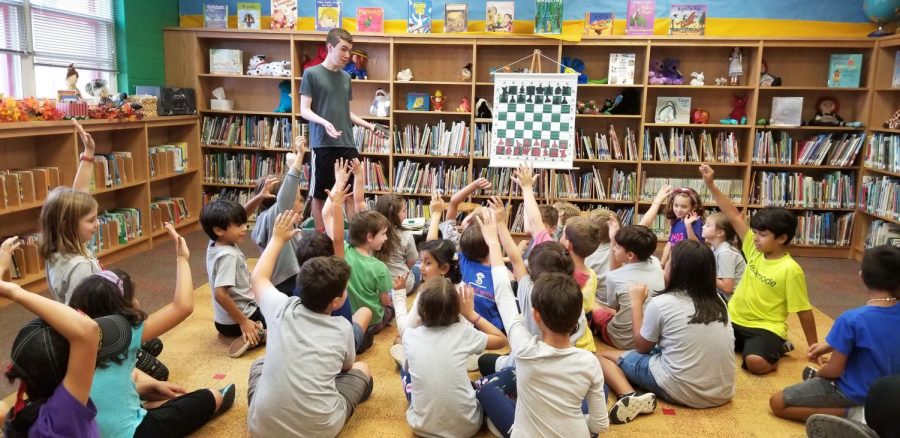
Though students may not always love their parents being at their school, the teachers love it. It’s fun for parents, especially when they get to connect with their children over shared interest in a subject, and even more so if it’s the one they’re teaching. This is especially true with junior tennis player Wyeth Purkiss and his dad, Christopher Purkiss, the assistant coach.
“It’s something we can bond over, since we both play, and we can share that,” Wyeth said. “He helps me improve, and it’s helped us get closer.”
The most fun, most enjoyable part is bike riding. I’ve gotten into bike riding, so now I’m commuting to school pretty regularly, and Wyeth comes with me. … Just doing that together is nice.
— life skills teacher Christopher Purkiss
Though Purkiss didn’t become the tennis coach because Wyeth plays, it is an added bonus. He just enjoys being a part of Wyeth’s school life.
“I enjoy being a coach on the tennis team,” Purkiss said. “I like watching everyone play hard and get excited about winning and going through the frustration of not. Just seeing all the players and being able to help them be successful, and then watching my son, I’m excited. And he’s on cross country too, and I volunteer for that. And … seeing the students be successful at that as well. I enjoy being a part of that.”
David and Annabel Winter also agree that their shared interest in photography is a great new way to spend time together.
“[Annabel]’s been taking pictures at the football games and the fact that she’s been getting pictures on our Instagram account and being a part of that has been really fun,” David said. “And last year, before she even got here, she started taking pictures at the dance shows and a lot of her pictures were the ones we posted, because even though she’s not in photojournalism, she’s gotten into taking pictures at football. I love that she has taken to photography and is taking lots of good pictures.”
“It’s a high-stress situation sometimes, and you’re in it together,” Annabel said. “My dad’s trying to get as many pictures as possible, and it’s just a good activity to get some good bonding time.”
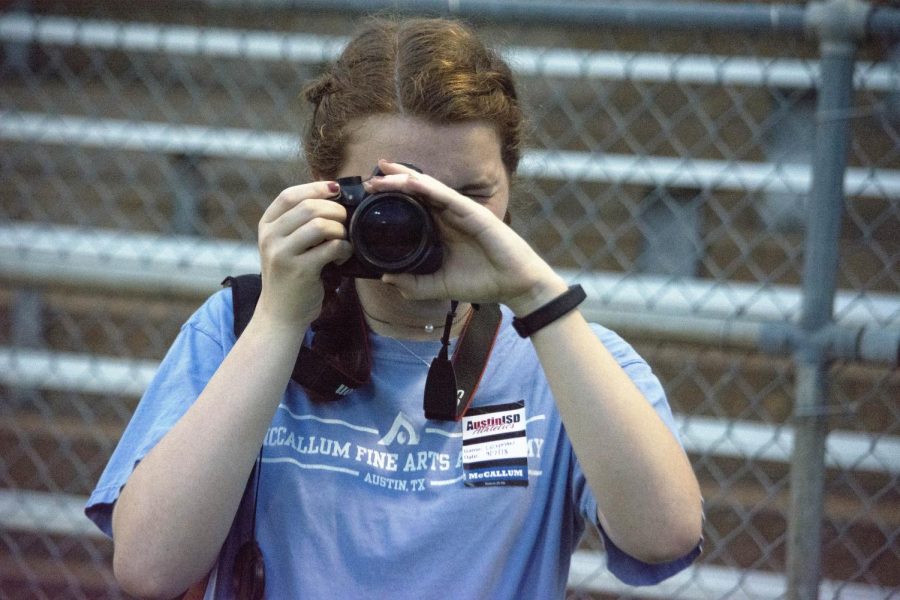
Parents do have to maintain some boundaries though, both with their children and with their work. They try to give their children space, and though they could easily be intrusive, they try very hard not to. This concern is coupled with the parents also being not to talk about some aspects of school around their children.
“I could easily be in her business and have opinions about the people she hangs out with,” Seckar said. “My husband [art teacher Jeff Martinez] and I also have to be careful about what we say. If we talk school, we have to not talk school in front of her.”
Science teacher Nikki Sorto, mother of junior Niklas Sorto, also has to try not to interfere with her children’s lives, even though she admits that it would be very easy.
“I try stay out of their business,” Sorto said. “I want them to have their own experience, and I don’t want them to have to be, ‘My mom is here, she’s in my face all the time.’ I also know where they are, and I feel like they’re safer. It makes me feel really good that I can get to them really quickly.”
“It is a little strange that a lot of my friends are in his class. They talk about his class and ask me if I can tell him to ease off a little.
— freshman Annabel Winter
Being together at school has not only brought parents and children closer, but it has also provided them with unique experiences.
“The most fun, most enjoyable part is bike riding,” Christopher Purkiss said. “I’ve gotten into bike riding, so now I’m commuting to school pretty regularly, and Wyeth comes with me. So we bike together, and that’s a nice thing to do. It’s a nice time together. Just doing that together is nice.”
Sorto’s children not only had unique experiences, but they had unique concerns when they started at McCallum. They weren’t worried about starting school; they were worried about interacting with the teachers that had known all their lives.
“Both kids—the biggest concern they had was that they were basically born here,” Sorto said, “so they were most concerned about stuff like ‘What if I see Robert?’ They call Mr. Lehman Robert, or ‘Auntie Lanie’ or ‘Kristin,’ what if I see them and I forget, and I had to tell them that it would be OK. I’m mom first, and they’re friends, too, and both of them had that problem.”
None of the parents ever limited their children in their choice of high schools, but another school never even occurred to them.
“I think for both my kids they never thought anything different,” Seckar said. “They never even entertained the idea. I don’t even know if they know about other schools. I think we definitely influenced [Addie], not directly, but that’s what she knew, and that’s what she wanted to do.”
Winter even admits that when he was looking at high schools to work at, he made his choice based on what would be best for his children.
“We came to Austin and looked at all the schools,” Winter said. “I mean I picked McCallum as a parent first, before I picked it as a teacher. We even toured the building with Ms. Georgia, and she didn’t know that I was applying here to teach, and I remember walking by the journalism room and thinking ‘Hmmm…’ but I was totally undercover, I was just the parent who was taking a tour with his family.”
“I think for both my kids they never thought anything different. They never even entertained the idea. I don’t even know if they know about other schools. I think we definitely influenced [Addie], not directly, but that’s what she knew, and that’s what she wanted to do.
— Angie Seckar
Sorto assumes that she influenced her children’s decisions to go to McCallum, but she encouraged them to look into other schools and explore options.
“I’m sure that I did [influence their choice]” Sorto said, “inadvertently at least. I didn’t mean to, and I tried to make it clear that they could go anywhere they wanted, but I love it here, so I’m sure that I encouraged it without meaning to.
Especially for Seckar, Addie being at her school gives her a further opportunity to connect and spend meaningful time with her daughter. She gets to be involved with Addie’s school, but in a different, more fun way than most parents.
“I like watching her and knowing stuff,” Seckar said.”It’s nice to know, ‘Oh there’s a game, there’s a pep rally.’ It’s nice to be at the pep rally and watch her dance and things like that. I like being a part of her high school in a different way.”
Though their situation is unique and certainly has the potential to go downhill, these Mac students and teachers have made the absolute best of the situation. Not only have they become closer, but all of them are able to appreciate what this shared campus means.



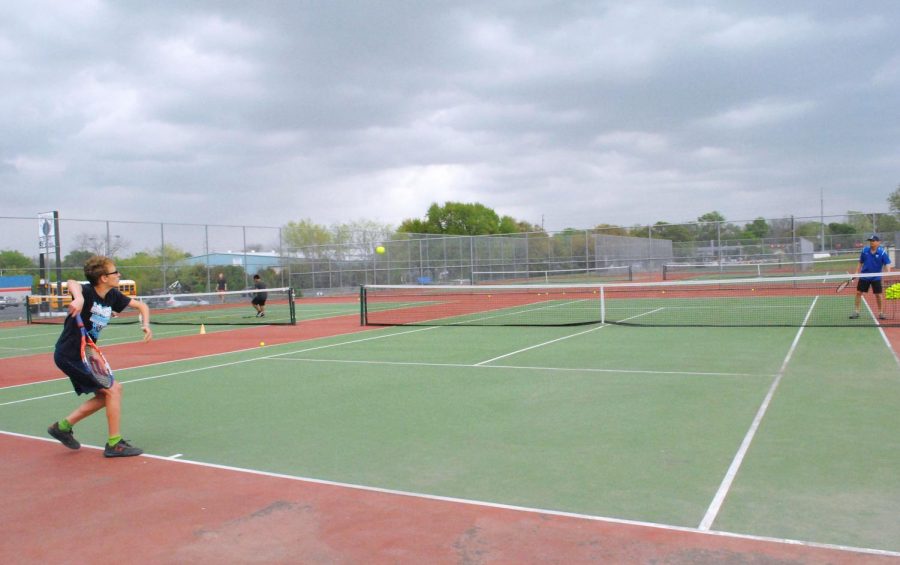
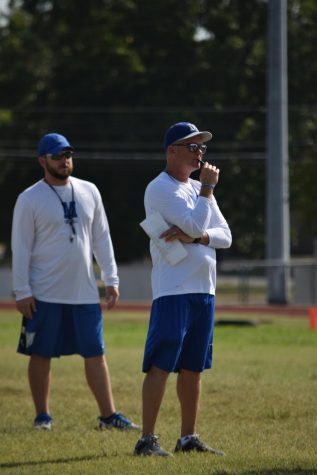
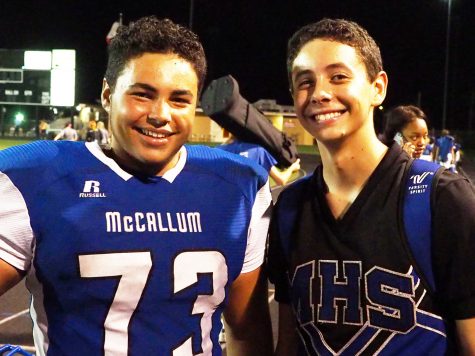
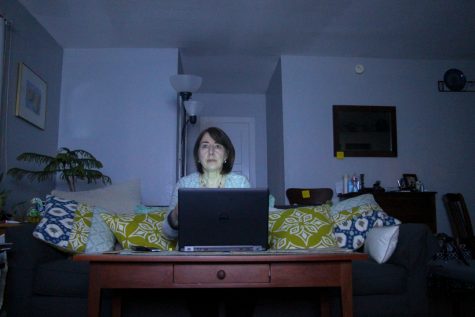
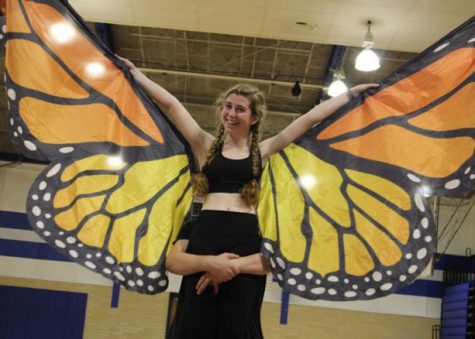
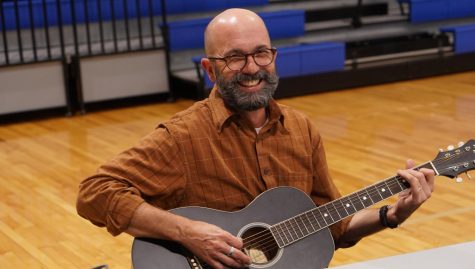
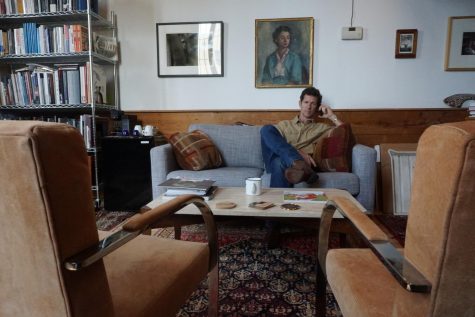
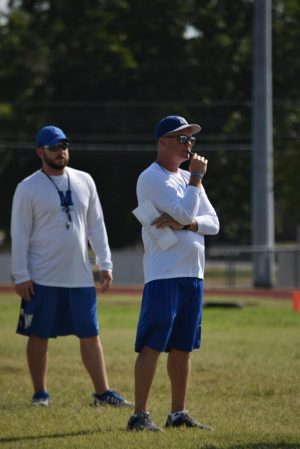
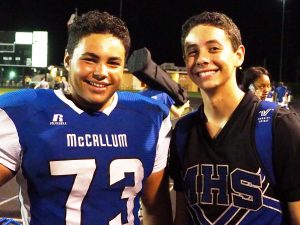
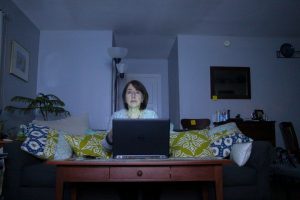
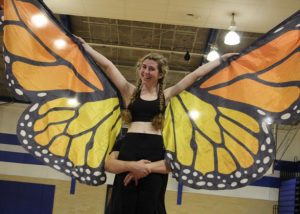
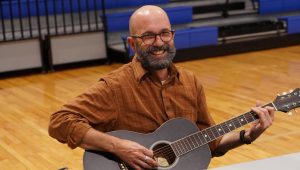

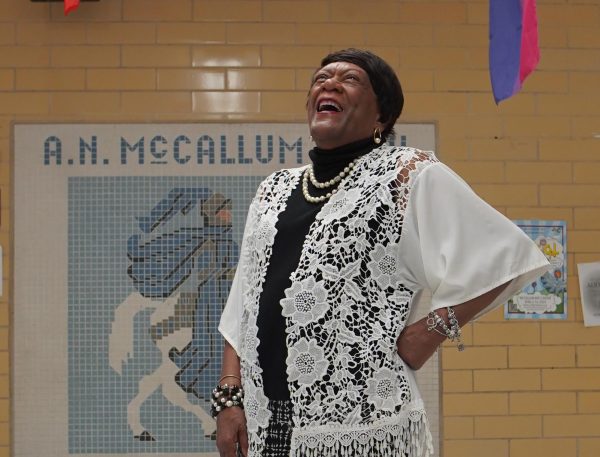

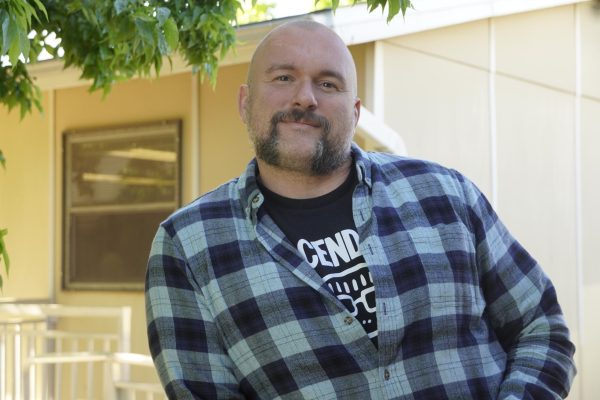
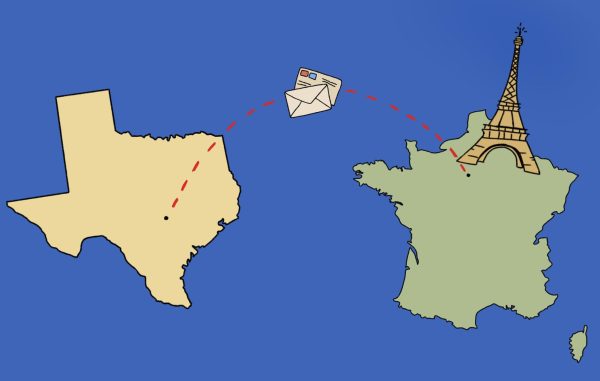
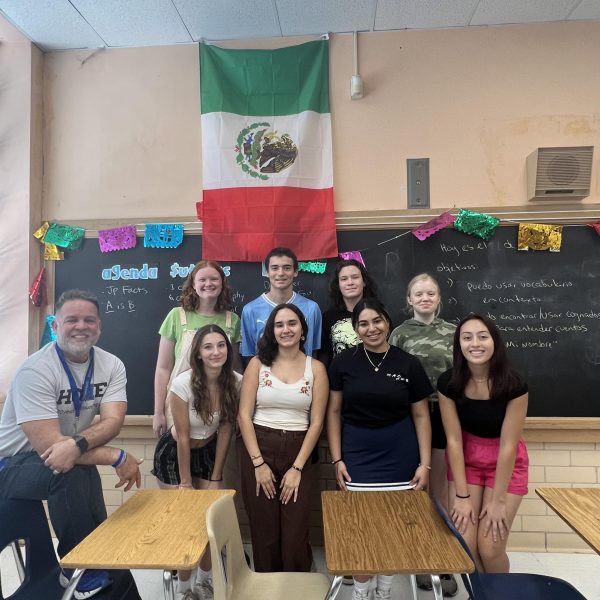
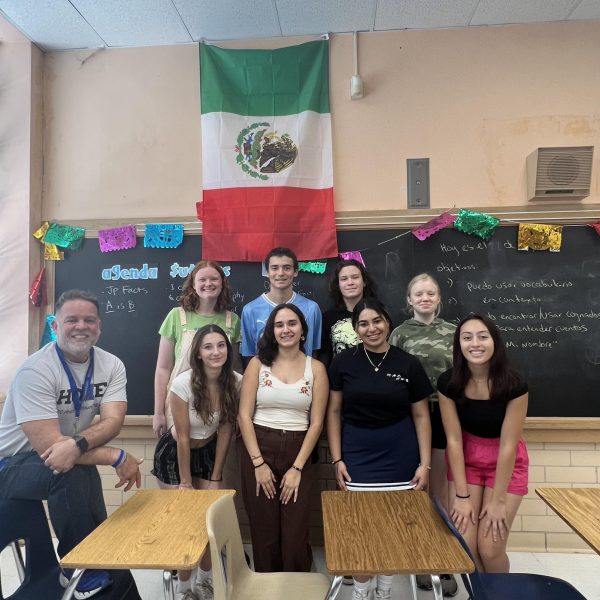
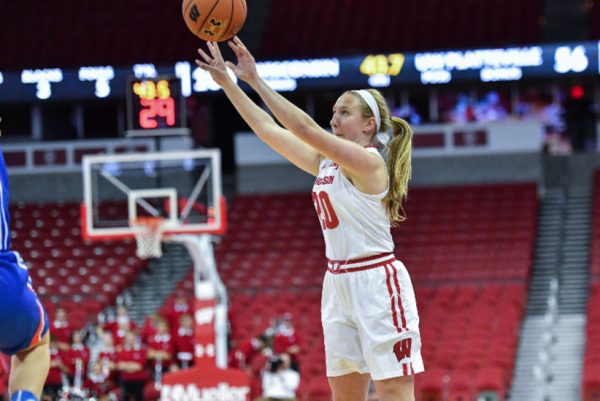
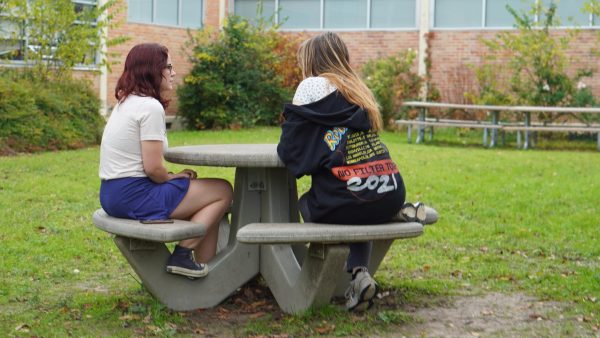
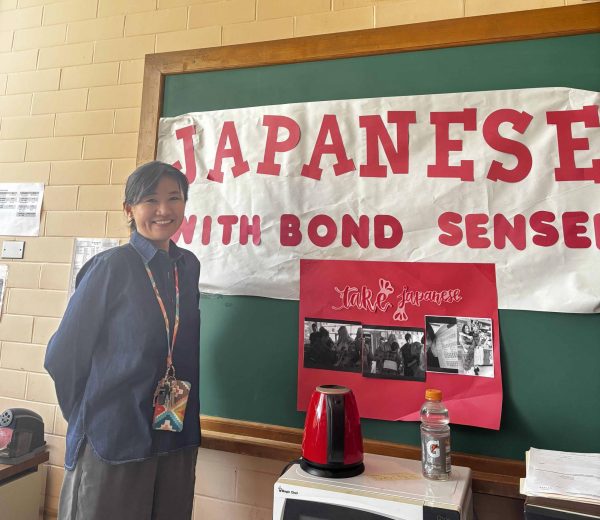
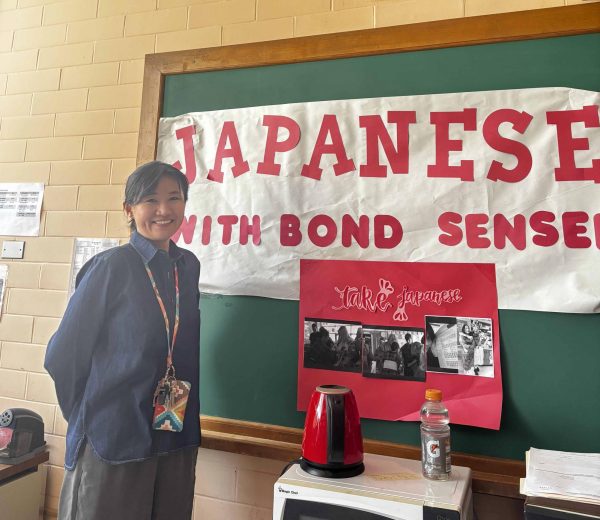

frances • Jan 16, 2019 at 4:11 pm
I thought this was a great story and I totally agree with the first response that a photo of both the parent and the student together would help the readers understand how the student and parent interact during school.
Anna McClellan • Jan 16, 2019 at 2:35 pm
I loved how this story included the perspectives of teachers and their kids. It was really cool to hear the different points of view and how their experiences have been affected, too. I wish there ad been more pics of the actual students and their parents, like mentioned above.
scarlett houser • Jan 14, 2019 at 2:32 pm
I thought this was a very interesting story and it was interesting learning about both the parent’s and student’s perspectives. I agree with the first response that it would have been more interesting to see pictures of the parents and students interacting in the school environment.
Tristen • Jan 11, 2019 at 9:56 am
I think is a really good story but the photos could relate more they could’ve gotten the parent with their student to show it better.